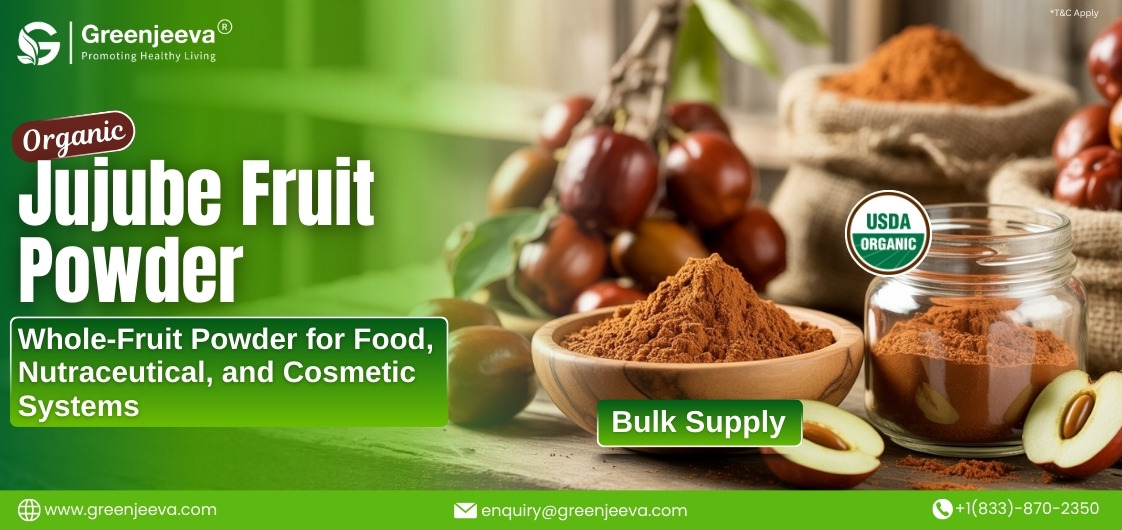Know the Ingredients of Herbal Supplements for Hair

Consumer preference is shifting towards organic and herbal products, owing to increasing awareness regarding the adverse effects of chemicals on health and the environment. They are inclined towards products formulated with botanical extracts such as essential oils, antioxidants, natural coloring, and fragrance additives.
Shampoo, conditioner, hair oil, hair gels, hair masks, and other hair care products such as masks and leave-in conditioners are in high demand. Primarily owing to the use of herbs and flowers that have potent effects in high demand, thus performing well in the international market.
Why the Shift Towards Herbal Supplements for Hair?
Men and women worldwide deal with many hair health issues due to the polluted atmosphere and eating food that has been adulterated. The most frequently noted health problems include hair loss, thinning, reduced density, and damage.
Even with a well-balanced and healthy diet, it is impossible to stop hair loss from weakened scalp or hair follicles. This is where hair supplements come into the picture.
Inspired by age-old medicines, several hair products on the market add various herbal ingredients that support healthy hair. Ingredients such as coconut oil, sunflower oil, jojoba oil, olive oil, Heena, and neem are used to manufacture herbal hair care products.
Let's learn more about these miraculous herbal componentsthat work wonders when utilized as supplements for healthy hair.
A Hair Supplement: What Is It?
Most hair supplements make the promise thicker, stronger, and more beautiful hair. The fastest-growing human body tissue, hair, needs a lot of nutrition to stay healthy. The combination of nutrients, vitamins, and minerals that human hair follicles need for healthy hair is used to make supplements for hair health.
After years of research, international firms are creating innovative hair supplements that integrate several well-known natural components, surprising and delighting consumers with the outcomes.
You can read more about the herbal ingredients used by the top brands of hair health supplements here.
Gotu Kola
The herb gotu kola, known by its scientific name Centella asiatica and a parsley family member, is a crucial component of Ayurvedic therapy.
It is indigenous to India, Japan, China, Indonesia, South Africa, Sri Lanka, and the South Pacific. Some of these nations have used it for a very long time. It has long been employed to support traditional medicine.
Hibiscus
Hibiscus, also known as Japapatti, is one of the most well-liked and hydrating Ayurvedic herbs for hair care. It is renowned for its deep-conditioning abilities. The plant and leaf extracts are believed to work like magic and are a primary component in many hair care products.
Amino acids, abundant in japapatti, nourish the hair and maintain it strong and lustrous. Japapatti-infused herbal hair products can support hair strengthening. It is now used in some of the best hair health supplements worldwide.
Horsetail
Horsetail is also known as Bottlebrush, Horse willow, Paddock-pipes, Pewterwort, Scouring rush, Shave grass, and Toadpipe. Its scientific name is Equisetum arvense.
A perennial plant with no flowers, horsetail is linked to the fern. It flourishes throughout North America, the Middle East, Asia, and Europe.
Some of these names come from the plant's scratchy stems and bottle-like form.
The most remarkable feature of this plant in terms of herbs for hair health is that it contains a lot of silica. The flavonoids luteolin and quercetin 3 glucoside are also abundant in horsetail.
Saw Palmetto
Originally from the southeastern United States, saw palmetto (Serenoa repens or Sabal serrulata) is a member of the palm tree family.
The saw palmetto fruit was once used as medicine by the Seminole and Glades tribes in southern Florida.
Stinging nettle and saw palmetto is believed to work well together to support hair health. It enhances new hair, resulting in thicker, healthier hair, and has been an essential component of supplements for hair health.
Nettle
Although this prickly plant is native to Europe and Asia, nettles are now found worldwide.
It can be identified by its heart-shaped, tapering leaves and yellow or pink flowers.
Tiny hairs on the stems and leaves of nettle, or Urtica dioica, cause a stinging sensation or rash when rubbed against. Although it has a high nutritious content, this plant loses its sting when cooked.
Traditional medicines and food have both used nettles.
In A Nutshell
The most important approach hair supplement producers must take is to create new products supported by science and emphasizing herbal and natural ingredients to boost hair health. The demand for dietary supplements with all-natural components is rising as people try to regain their former glory.
Where Can You Procure the Ingredients?
If you are looking for a reliable supplier of these ingredients, choose Green Jeeva.
Green Jeeva is a well-known wholesale herbal supplement to simplify the global supply chain. They do all the legwork for you, allowing you to focus solely on your core business. They can help you get authentic and well-documented products as quickly as possible.






